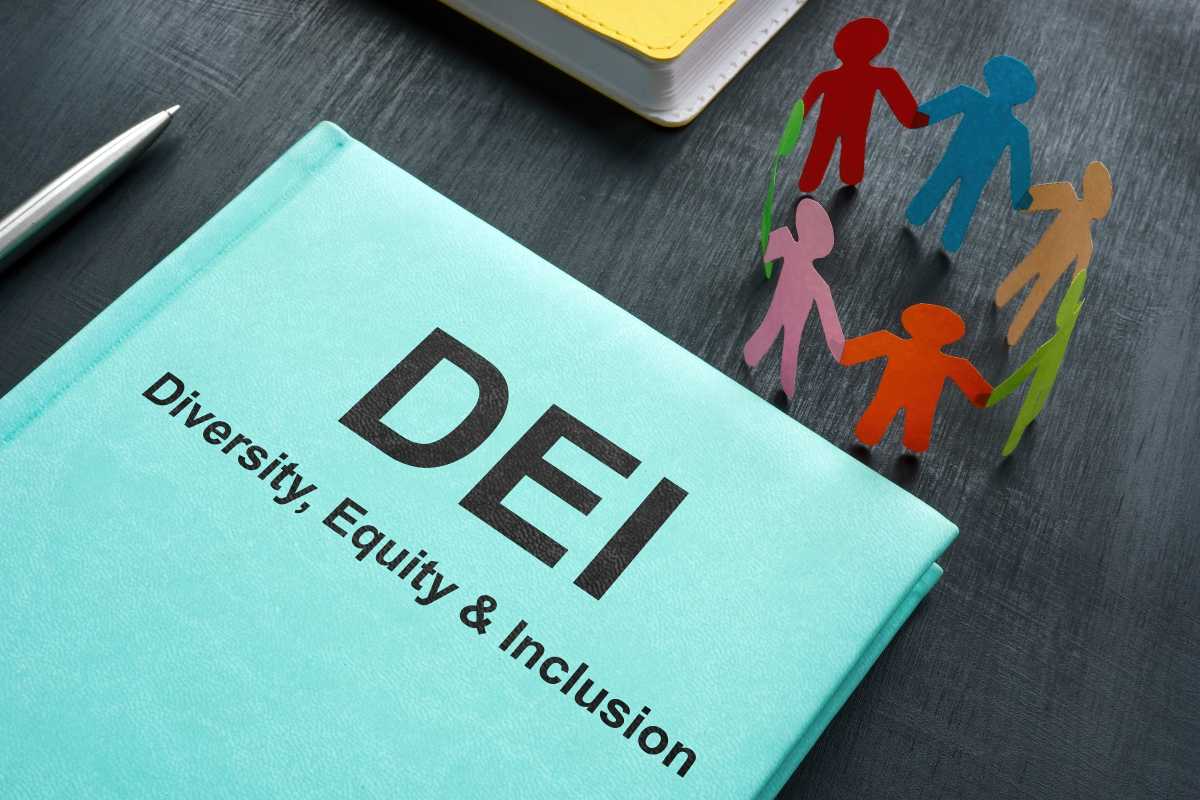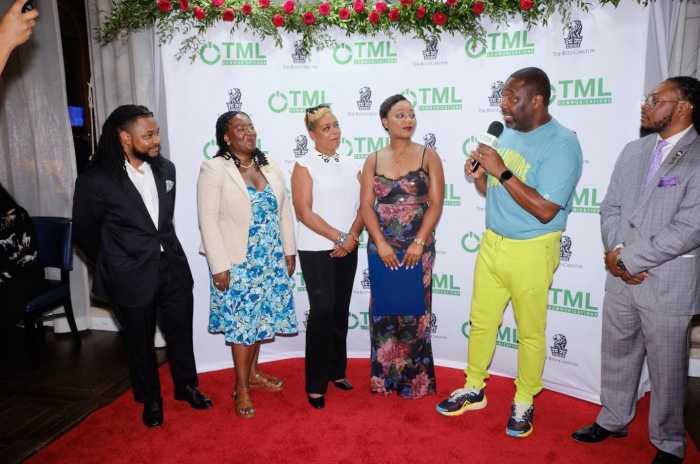There has been a rush to judgment by certain companies in severely restricting or ending their diversity, equity, and inclusion (DEI) policies. Companies that have abandoned their efforts include Lowe’s, Harley Davidson, Ford Motor Company, Molson Coors and Brown-Forman, owner of Jack Daniels.
Diversity has been proven to be an effective tool at achieving business success, including having a positive impact on financial results. In this increasingly heightened environment on social media, companies have been rethinking their support of DEI policies.
Companies spend millions, in some cases billions, of dollars to create a brand in the minds of consumers, employees, and other stakeholders. They should be careful not to spend too much time, effort, or resources trying to satisfy one vocal part of their audience.
Consumers have become increasingly aware of which companies are abandoning their diversity efforts and thereby showing they do not care about diversity efforts. In a world where a competitor’s product or service is just a click away, that can lead to a loss of sales revenue and long-term negative impact on a brand and its prospects.
In some cases, abandoning DEI efforts can appear to be acceding to the demands of provocateurs on social media who do not want programs that help minorities to be funded.
As I have discussed before in this column, minority-owned businesses and women-owned businesses need more opportunities, not less. Business owners generate wealth, which allows them to grow their business, hire employees, invest in expansion efforts, and support the local economy.
Unfortunately, many times, minority-owned businesses and women-owned businesses are left out of that opportunity for wealth.
Companies need leaders who are not afraid to challenge the status quo, who do not support racism, and work to maintain trust with the communities the organization serves. This includes minorities, women, and other groups.
The DEI market was estimated at $4 billion in 2022 according to research that also notes that 66% of organizations believe diversity improves innovation and 83% of employees felt their ability to innovate rose when they felt they were heard and their organizations were committed to and supportive of diversity.
Legitimate questions can be raised about corporations that make statements abandoning their commitment to diversity principles. These are the same companies that created these programs in face of increasing violence and protests in the wake of George Floyd’s death on May 25, 2020.
Companies wanted to be seen as supportive of the concerns and needs of minorities in America and made a number of financial and programming commitments.
“Communications and statements aren’t enough: Companies need to hold themselves accountable for action so they don’t simply maintain historical structures and cultures of racism,” wrote Laura Morgan Roberts and Megan Grayson in an article for Harvard Business Review.
Also, there have been a number of lawsuits accusing major companies of falling short on their promises, according to Bloomberg.
DEI programs and policies are about making the playing field even for the minorities who have been historically left behind.
Clearly, there is more work to be done.
We need bold leadership to live up to the promises that have been made about the opportunities in our country.
The companies who abandon diversity, equity, and inclusion programs might just find themselves with a loss of business.
This, my friends, is one way to hold organizations accountable.
Teresa M. Lundy is the principal and founder of TML Communications, the award-winning strategic public relations, crisis communications, and community engagement firm serving corporations, nonprofit organizations, and government agencies. Follow Teresa on Twitter @TeresaMLundy.



























